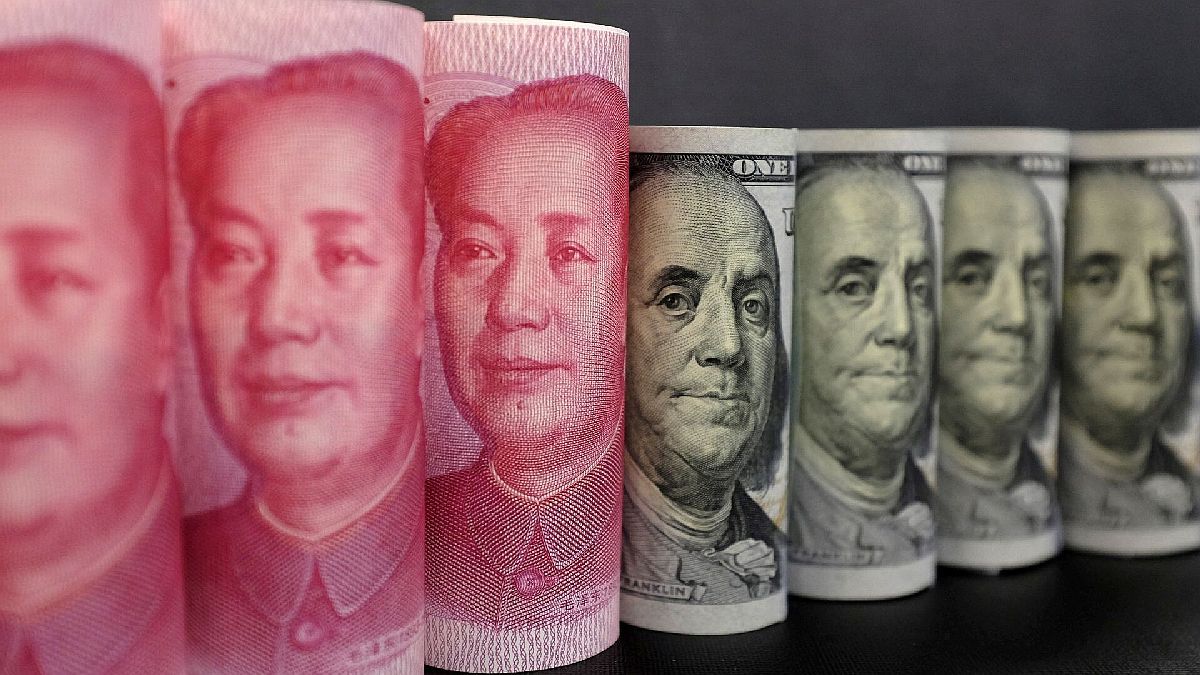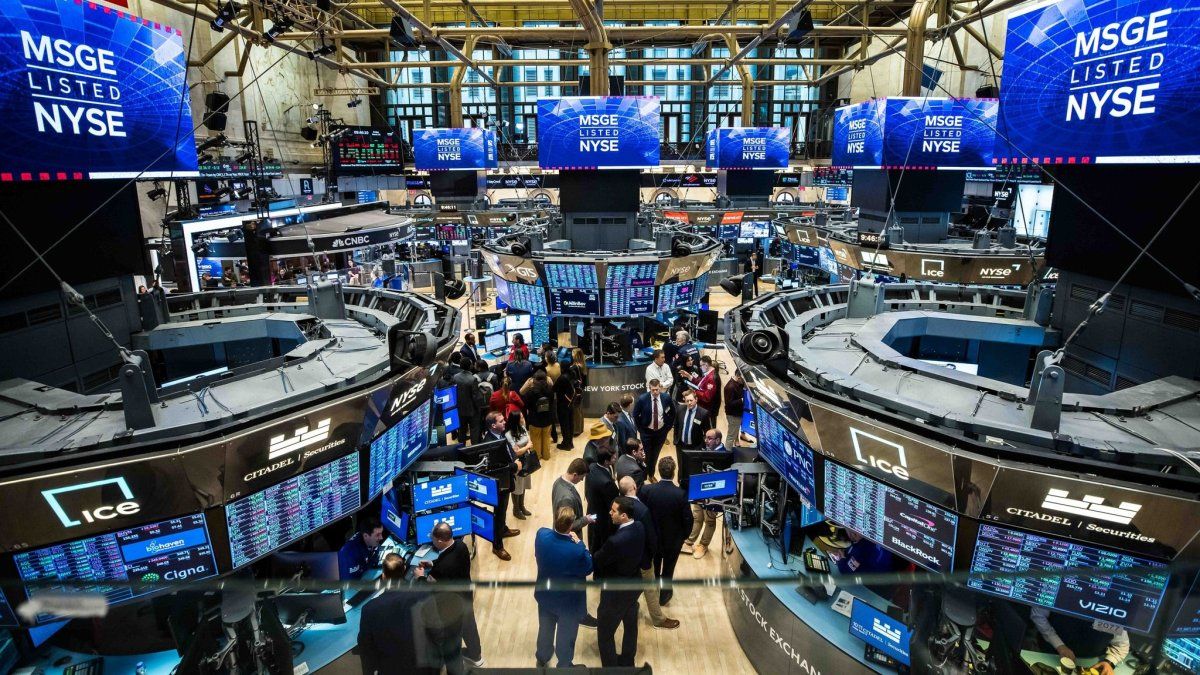Argentina has a currency swap for 130,000 million yuan which was renewed for the next three years and represents 60% of gross reserves held by the BCRA. For its part, the Chinese currency also became the second most present currency in the international reserves of the Central Bank of Brazil after displacing the euro. And finally, in April it became known that the yuan replaced the dollar as the most traded currency in Russia. Given this, Ambit he asked himself, Can the yuan dethrone the dollar’s leadership in the world?
Marcelo Elizondo, specialist in international business, assured in dialogue with Ámbito that “dethroning the dollar is something that is still very difficult”, since About 70% of all world trade is now transacted in the US currency.. The expert stressed that in the case of the European Union, internal trade is paid in euros because, since there are no borders, they use their own currency.
“The yuan still has a minor incidence and I think, honestly, it happens for different reasons. Banks are set to operate in dollars because the dollar is the reference currency, not only because of customs, but also because of guarantees of the Federal Reserve as an independent and autonomous body and because companies ultimately prefer it,” said Elizondo.
Regarding the rise of the yuan, Elizondo believes that China promotes it by taking advantage of various geopolitical circumstances. As happens with the bilateral relationship with Russia, it was left out of the Swift, or with Iran and with countries in the Asian region. The fact that it is a reference currency is something that “can happen in the area of influence with China,” the expert clarified but indicated that lThe way in which China strengthens its currency is due, in legal terms, to a redhibitory vice, that is, to a prior necessity”.
For his part, although he dollar is established as a global reference currency, there are circumstances that affect it. “The United States has placed a lot of risk on its currency, mainly because of quite irresponsible monetary policies of a lot of emission, as it happened during the Covid. That’s why there was a depreciation of the dollar in the world because of the inflation that accelerated but that the economy still reacts to the rise in interest rates,” added Elizondo.
Finally, the expert considered that the world is not deglobalizing international trade: “Last year it reached a historical record of US$32 billion. The stock of foreign direct investment in the world exceeded US$45 billion. The world is not deglobalizing, it is true, but it is breaking up because there are countries that are gradually integrating into areas of influence. But the computation continues to be in dollars and international organizations continue to compute in dollars.”
To its turn, Leandro Ziccarelli, analyst and host of the Financial, Monetary and Irreverent podcast, believes that the change of the global reference currency is a secular and erratic process and is not something we will ever see. “It gives me the feeling that when you look at reserve coverage ratios and the currencies in which foreign trade transactions are made, the dollar still has a very hegemonic position, but it is true that this last year it has suffered certain blows , but rather they are the product of the impacts of the war,” he explained in dialogue with Ámbito.
“I think that the unilateral sanctions that the United States took as a result of the Russia-Ukraine war at some point they damage the reputation of the dollar as a currency and and occasionally in other cases it allowed countries that did not trade with each other, being banned, begin to trade in another currency, especially in Asia or other markets where previously they transacted in dollars. Regionally, you can say, there was a setback,” he added.
In this regard, Ziccarelli remarked that during During Covid-19, the various central banks requested swap lines in dollars and it reached a maximum that had not been seen since the 1980s. Regarding the yuan, he opined that it is strong “in Asia and began to land somewhere in Latin America. Perhaps one can think of a future in a multipolar world with a lot of currencies, I mean, where both the dollar and the dollar coexist as a store of value like the euro but it is a very long process”.
Finally, Alejandro Rodríguez, UCEMA economistI think that “the dollar has shown over time that it is a stable currency. It has already faced competition from the euro and emerged victorious. The yuan may take away some of its share in international markets, but I don’t think it will replace it as a reference currency in the short or medium term. For the yuan to replace the dollar it must first prove that it is a superior currency and then it must overcome inertia within the payment system that favors the dollar“.
Source: Ambito




